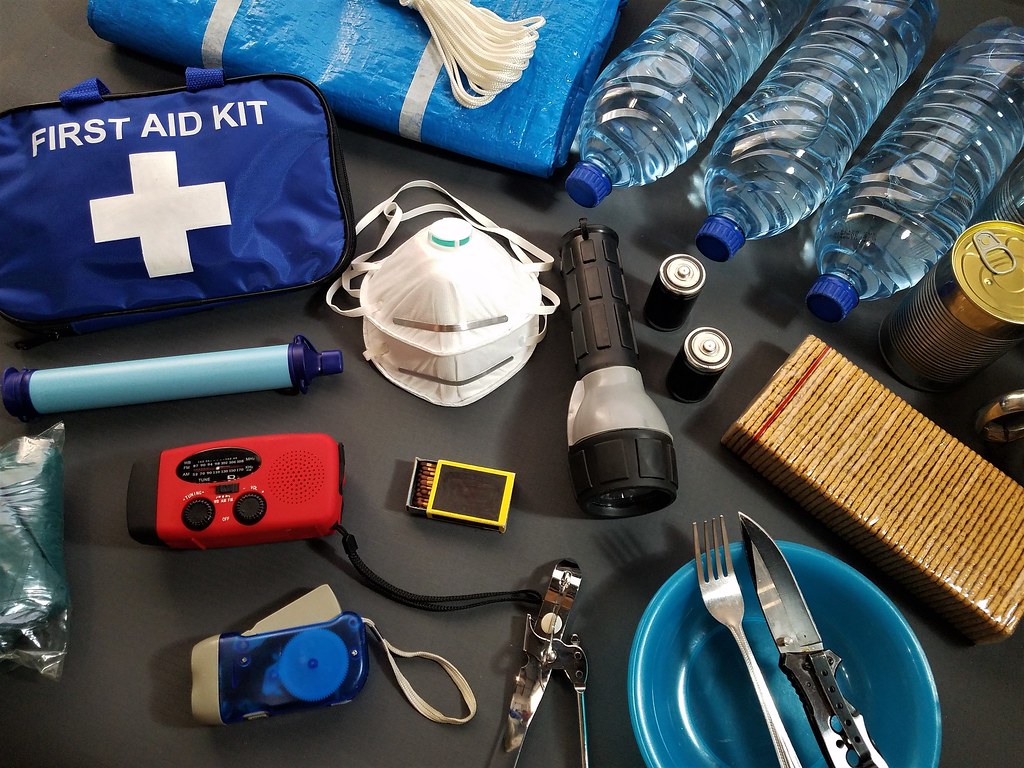An emergency clinic is designed to provide immediate medical care for urgent health concerns, but not every situation requires an emergency visit. Knowing what to expect, including the types of conditions they treat and how to prepare, can help you receive the right care. Here’s what you should know before going to an emergency clinic:
Understanding the Services
Emergency clinics treat a wide range of medical conditions that require prompt attention. These after-hours clinics handle injuries such as cuts, sprains, and burns that require immediate care but don’t necessitate hospital-level treatment. They also treat common illnesses, such as strep throat, urinary tract infections, and ear infections, that develop outside regular doctor’s hours.
Most urgent medical centers offer diagnostic services, including X-rays and lab work. This enables healthcare providers to quickly assess your condition and determine the most suitable treatment plan. Some clinics also provide specialized services like STD testing, COVID testing, and IV hydration therapy for patients who need rapid rehydration.
What To Bring With You
Proper preparation can significantly speed up your visit to an emergency clinic. Bring a valid photo ID and your current insurance card to help staff verify your coverage and process your visit efficiently. Having this information ready helps avoid delays during check-in.
Compile a list of all medications you currently take, including dosages and frequency. Include prescription medications, over-the-counter drugs, and any supplements you use regularly. This information helps healthcare providers avoid dangerous drug interactions and make informed treatment decisions.
If your visit is related to an injury, please write down the date and circumstances of the incident. Include details about what you were doing when the injury happened and any first aid you applied. For illness-related visits, note when symptoms started and how they’ve changed over time.
What to Expect During Your Visit
The check-in process at most emergency care centers begins with completing basic paperwork about your medical history and current symptoms. Staff will verify your insurance information and collect payment details for any copays or deductibles. Many clinics now offer online check-in options that allow you to complete some paperwork before arriving.
A nurse or medical assistant will take your health signs and ask detailed questions about your symptoms during triage. This initial assessment helps determine the urgency of your condition and how quickly you need to see a healthcare provider. Be prepared to describe your symptoms clearly, including when they started and what makes them better or worse. The healthcare provider will examine you and may order diagnostic tests, such as blood work or X-rays, as needed.
How To Coordinate Follow-up Care
Follow-up care plays a fundamental role in your recovery after visiting an immediate care clinic. The healthcare provider will provide you with specific instructions on caring for your condition at home, including when to take your medications and how to monitor your symptoms. Make sure you understand these instructions completely before leaving the clinic.
Schedule any recommended follow-up appointments with your primary care doctor or specialists as directed. Some conditions require ongoing monitoring or further treatment that the emergency clinic provider will outline in your discharge instructions. Keep all follow-up appointments to track your recovery progress.
Get Care at an Emergency Clinic Today
Emergency clinics provide accessible healthcare when you need prompt medical attention outside regular office hours. Understanding what services these facilities offer and how to prepare for your visit can help you receive the best possible care. Proper preparation and follow-up care maximize the benefits of your emergency clinic visit and support your recovery process. Contact your local emergency medical center for immediate care.





Leave a Reply